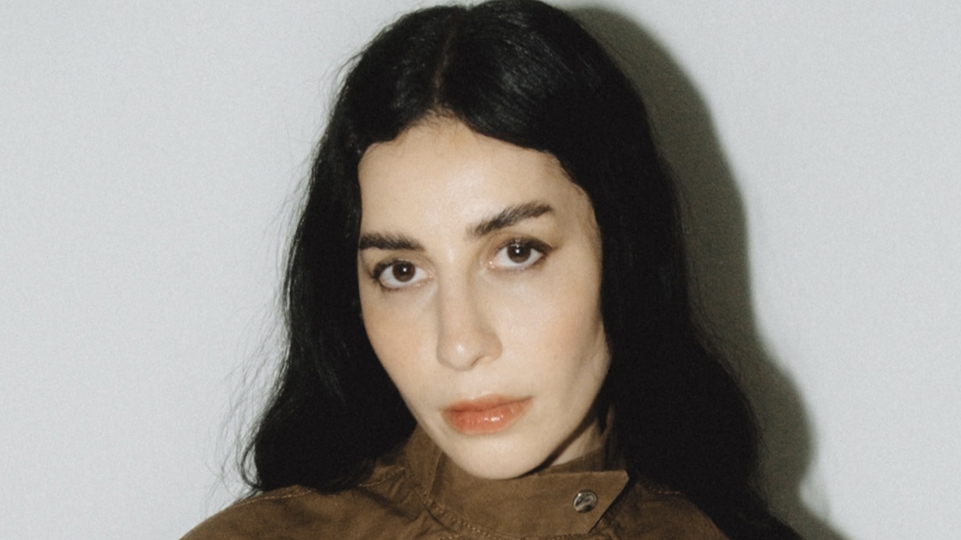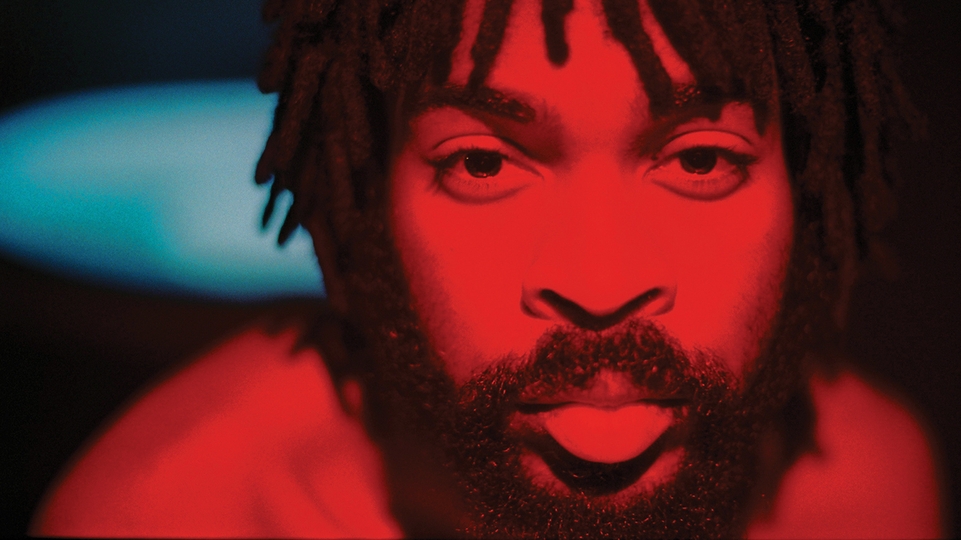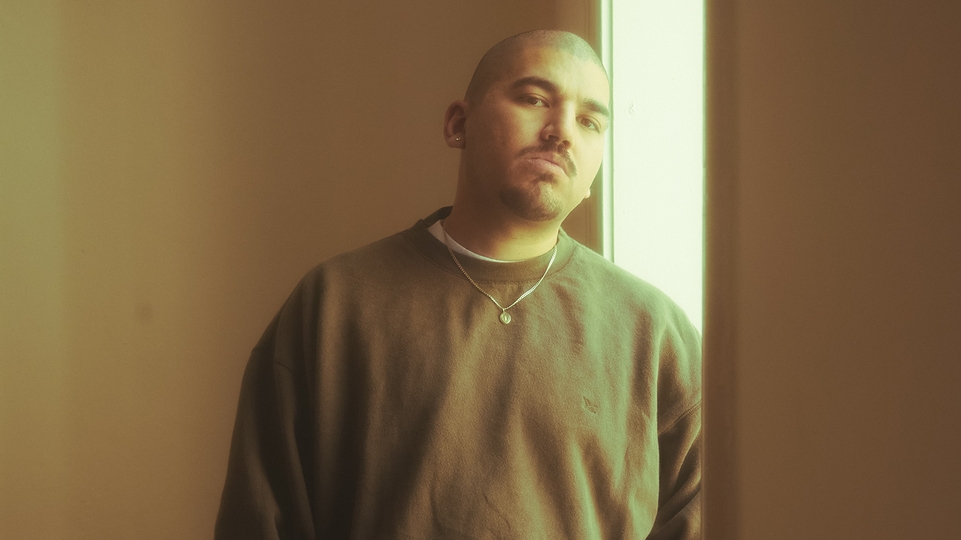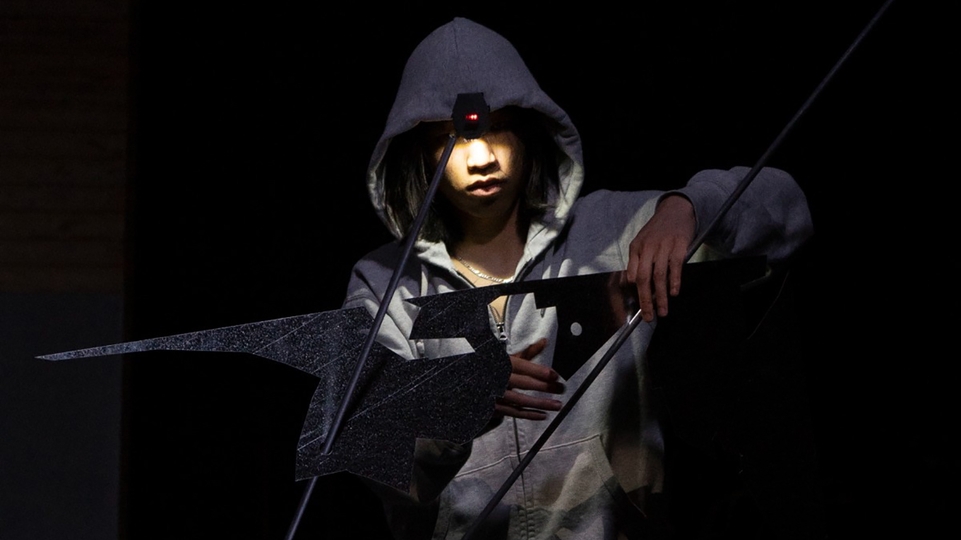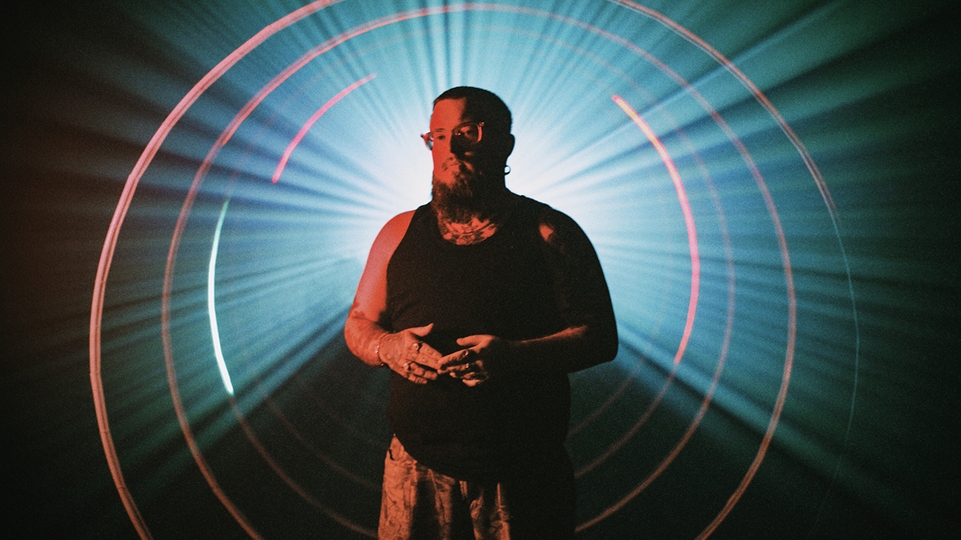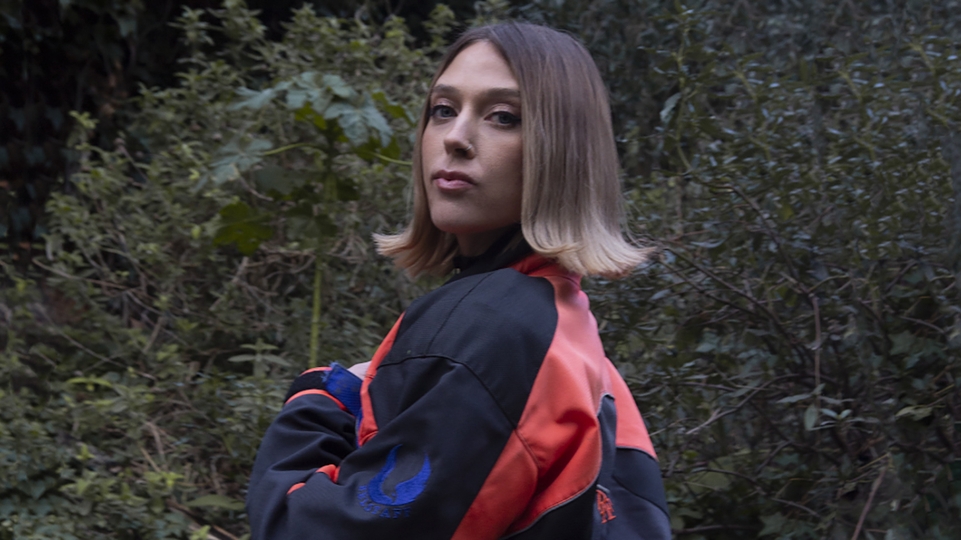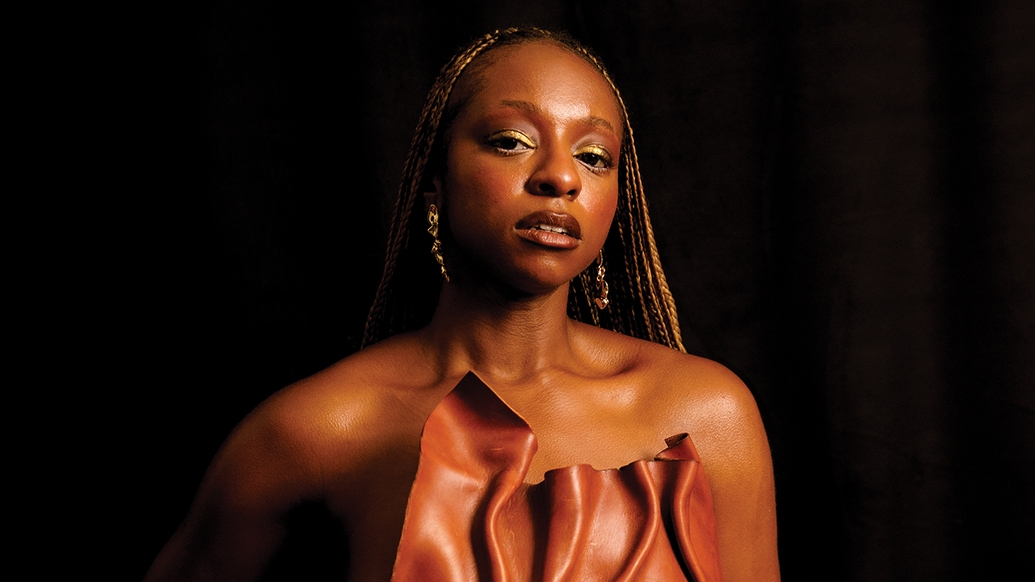
Recognise: Kikelomo
Kikelomo brings people together, whether she’s co-running the Accra-based Oroko Radio station, DJing to club crowds or working on documentaries. Alongside her genre-hopping Recognise mix, she speaks to Sarah Kearns about fostering community, her love of radio, and her eclectic musical taste
“Everyone asks me, ‘What kind of music do you play?’” says DJ, presenter, producer and radio station co-founder Kikelomo. “If you can dance to it, I’m sure I’m gonna play it. My USB has literally everything on it. If you come to one of my sets, you won’t really know what to expect in terms of sound. I’m going to push some boundaries.”
Listen to Kikelomo’s energetic festival set recorded at Primavera Sound in Barcelona last summer, and you’ll hear everything from vintage New York house to fiery breakbeat, edits of classic songs by Crystal Waters and Kevin Lyttle, piano-laden hardcore, speed garage and kuduro. Tune into her on Rinse FM, meanwhile, and you might hear her mix Aaliyah into broken beat, followed by a version of Fela Kuti’s ‘Roforofo Fight’. Skilfully darting between styles, what shines through is her love of all kinds of music. “I'll play one thing and I'll see someone playing something else, and I realise I like that kind of music too. That’s stuck throughout the growth of my career — it feels inauthentic for me to stick to one genre. That’s not reflective of who I am as a person.”
From London and based in Berlin, the British-Nigerian DJ has an increasingly hectic life nowadays. In addition to a plethora of international DJ gigs, appearances on Boiler Room and at Berghain, she has a Rinse FM residency and co-runs Oroko Radio, a not-for-profit community station based in Ghana’s capital Accra. Kikelomo started DJing in 2017, but it was an ambition she held ever since her school days. She dabbled in it at university, and when she moved to Berlin and started her own radio show, she realised that other radio show hosts all knew how to mix, so she endeavoured to learn. Joining a DJ tutorial programme funded by Musicboard Berlin, she focused on honing her art with CDJs.
“I used to have a show on Cashmere Radio in Berlin, and that provided me with a space to find my sound and practise with no pressure,” Kikelomo says. Initially, she was able to manage her music life alongside her day job, but the DJ gigs began to build up. “I was living a double life. I thought it was really corny to respond to the question ‘What do you do?’ with ‘I’m a DJ’ — pretty much like everyone else in Berlin! However, eventually it became harder and harder to hide. My colleagues would come up to me at work with pictures of my name on posters around the city, and at that point I started to embrace it!”
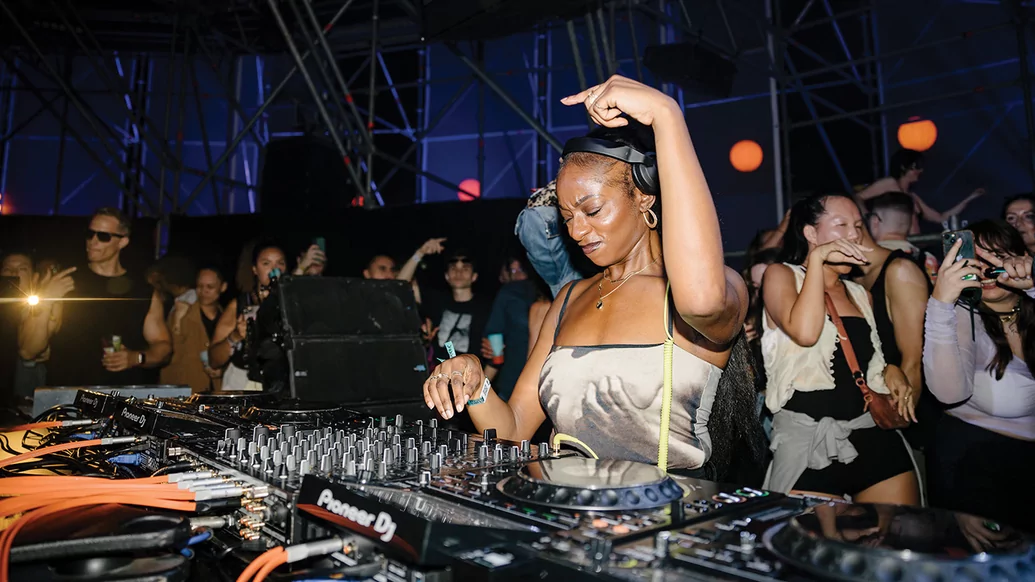
As of this year, music is Kikelomo’s main occupation, with Oroko Radio taking up a considerable amount of her time. She co-founded the station in 2021 with four friends, and today operates it alongside co-founder Nico Adomako (another Berlin DJ, who runs the party Einhundert). It launched officially in January 2022, and has grown exponentially since, now boasting over 200 residents from more than 40 different countries. “Oroko Radio is mainly focused on Africa as a continent, but we have residents in Colombia, in Brazil, in Jamaica, in Hong Kong... it’s a global family,” Kikelomo says. Fostering a sense of community via Oroko is one of her main motivations for starting the station, and she’s particularly proud to see the DJ roster connecting with each other and forging fanbases of their own.
“It is pretty dope to see communities coming together and using the platform to showcase their artistry, their interests and their sounds in their own way. I think so often, particularly when you look at the music coming from the continent, it’s put into a box. People have this usually outdated perspective — also influenced by colonialism — of what they think ‘African music’ should be. Even the term ‘African music’ is problematic, you don’t really consider there to be ‘European music’ or ‘North American music’, so why is Africa always considered as a monolith? [Oroko Radio] was a way to allow our community to represent themselves in an authentic way on their own terms, as well as form stronger connections between us all.”
Having spent time in Ghana, and with her and Nico from the station both having West African heritage (he is German-Ghanaian), it made sense to Kikelomo to base Oroko there. She wanted to celebrate the country’s music culture and the talented artists there, as well as using the station to build correspondence between multidisciplinary artists. “There’s a creative renaissance that’s happening across Africa,” she says. “We wanted to build something with a community that we connect with, using Ghana as the starting point, but with hopes of building stronger ties across the continent — East, West, North and South, as well as further afield with the diaspora.
“I often get asked the question, ‘If you’re Nigerian, why did you choose to start a radio station in Ghana?’ It’s for the same reasons that despite the fervency and close connection I have for my home city London, I still chose to relocate to Berlin. Opportunity and inspiration! Ghana seemed to be a good base because of all the people visiting there due to its growth as a global cultural hotspot, but also the incredible community of musicians based there that we're blessed to call our friends.”
During the summer, Oroko hosted events across Europe, including a Berlin showcase featuring DJs from Ghana, South Africa, the UK and Germany, a pop-up during Paris Fashion Week in collaboration with sportswear brand Salomon and Parisian restaurant Jah Jah, and an immersive event series in London and Accra. It also hosts regular DJ workshops in collaboration with Pioneer DJ. There have been challenges along the way, but Kikelomo is delighted with how the station is going so far. “It’s really rewarding. It definitely feels like having a child, literally giving it constant care and whatnot. It’s something that will be around for a long time I hope.”
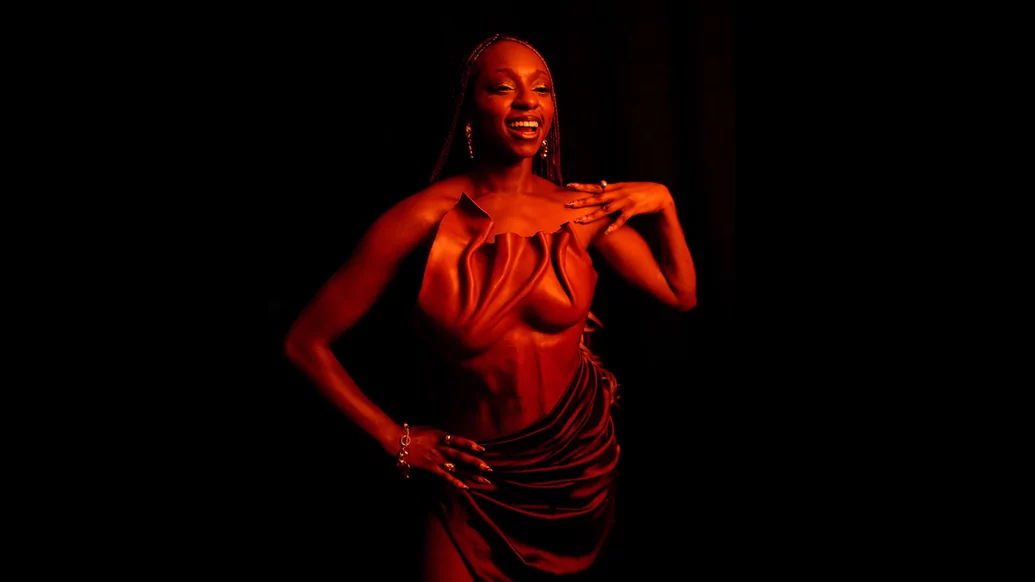
Kikelomo doesn’t get to play on Oroko herself as much as she would like, with all her other commitments. With her Rinse FM residency, she gets to show other sides of her musical taste, joining the dots between ambient, pop edits, R&B, jungle and house, and playing tracks she wouldn’t necessarily reach for when DJing to a dancefloor. Sometimes she’ll ask a guest to play back-to-back, and in one memorable recent show, she invited her dad on to talk about his musical history as a medical doctor-cum-saxophonist, and to add some of his own playing over the tracks. “[Radio is] a creative outlet and also a way for me to platform other artists that I enjoy, covering guest mixes and whatnot,” Kikelomo says. “It’s a way for me to explore a lot of music that I don’t get to play in clubs.”
Now the frequency of her DJ gigs has ramped up, Kikelomo’s had to make some adjustments to her life. She’s cut her alcohol consumption down, and likes to go to sleep early when she’s not DJing. She’s eager to maintain an equilibrium between constant gigs, and time to rest and recuperate. “How are people doing three different shows in three countries in two days?” she says. “No doubt I’ve done that once before, and it was exhausting. There’s a connection that I want to maintain with the craft, but also the connection that comes with playing music to people. I guess for me, music is social. Trying to find that delicate balance between having fun, but also building something with it as well.”
Looking ahead, Kikelomo has been working on a new documentary with Pioneer DJ on the science behind club culture. Having studied Mechanical Engineering at university, it’s a subject that appeals to her inner science nerd. She’s also been working on her own music production, some of which might appear in the soundtrack to the documentary. “I’ve been super shy with it, but I’m definitely dabbling a little bit more,” she concludes. “I’ve played a few of my new tunes already and that’s given me a little bit more confidence. Stepping into the era of being a full-time artist, I’m looking to explore things, like hosting, and generally trying to figure out how I can tie all of my interests together.”

